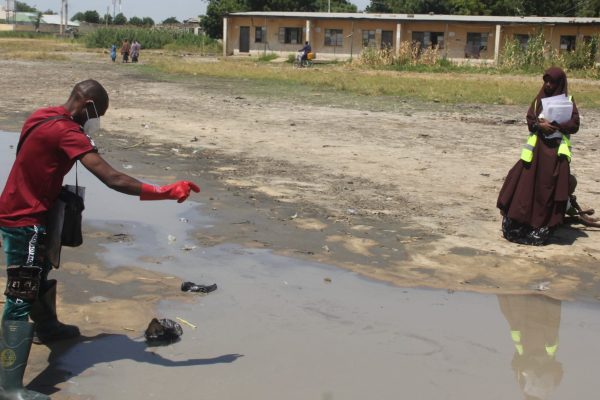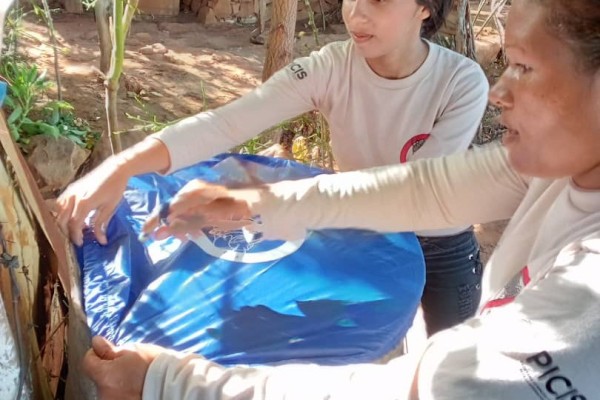Larval source management (LSM) is an important part of the integrated ‘toolkit’ to address diseases such as malaria and dengue. Larval source management targets the breeding sites of disease-transmitting mosquitoes disrupting their life cycle and, consequently, reducing adult mosquito populations.
Through larval source management we can prevent the emergence of adult mosquitoes and lessen the transmission of malaria, dengue and other vector-borne diseases.
Larval source management programmes include assessments of local environments and consultation with community members and local health authorities to identify key breeding sites, then target them using various methods.
These include:
- the physical removal of stagnant water bodies or containers,
- the application of larvicides to eliminate mosquito larvae, and
- structural modifications to prevent water accumulating.
The indirect benefits of larval source management include a reduction in nuisance biting and an improved quality of life. With fewer cases of disease, the overall health and wellbeing of communities is improved.
One of the challenges of larval source management is identifying and accessing breeding sites, particularly in complex urban settings or areas that lack resources. By maintaining strong surveillance systems, engaging with local communities, and working closely with relevant authorities, we make sure breeding sites are adequately identified and eliminated in the long term.
Integrating larval source management with other control strategies, such as insecticide-treated nets and community education programmes, increases the impact of disease prevention control strategies.
Through working closely with local communities, we have helped build a sense of empowerment and ownership, encouraging community-led initiatives in source reduction activities. These efforts not only contribute to the success of larval source management interventions but also promote sustainable community-based vector control practices.
In northern Mozambique, Venezuela, and Syria targeted larval source management has helped to decrease the burden of malaria, dengue and leishmaniasis respectively. Significant community engagement has ensured key breeding sites are addressed and managed.


